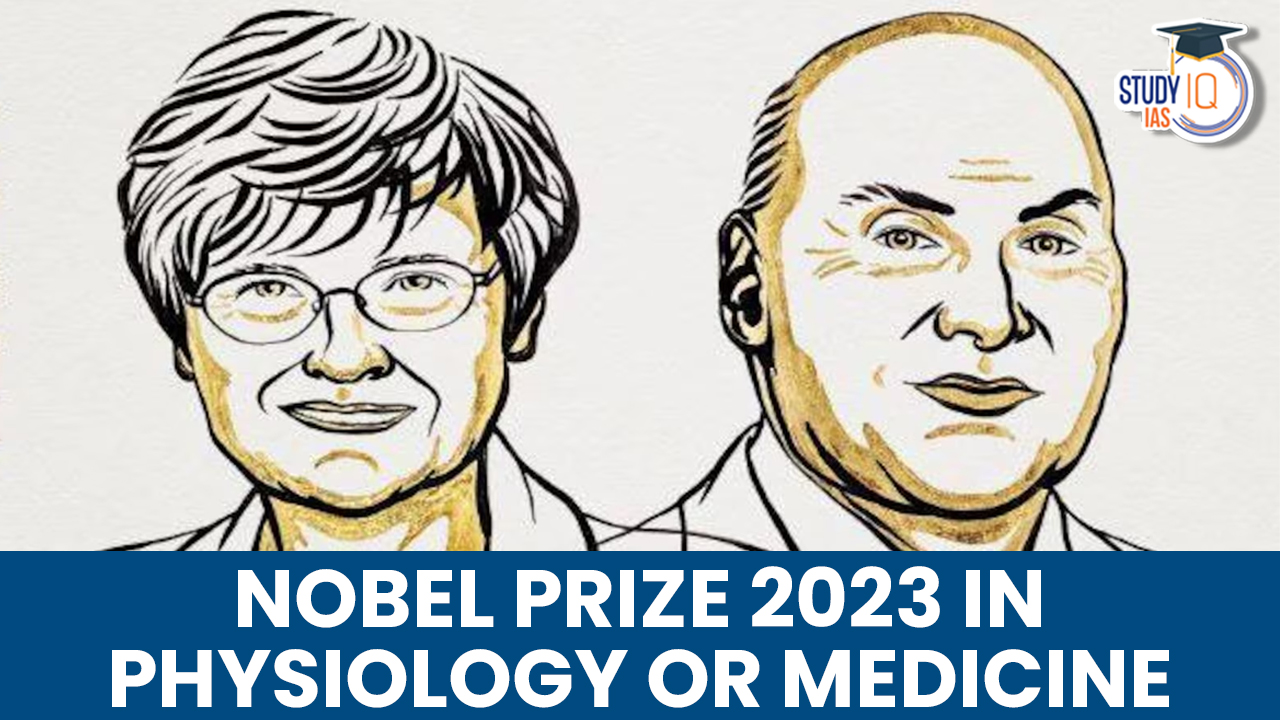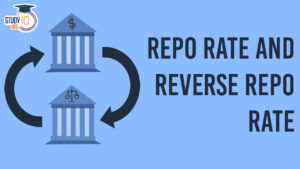Table of Contents
The Nobel Assembly at Karolinska Institutet has announced the 2023 Nobel Prize in Physiology or Medicine, recognizing the groundbreaking work of Katalin Karikó and Drew Weissman in the field of messenger RNA (mRNA) technology. Their discoveries paved the way for the development of highly effective mRNA vaccines against COVID-19.
Nobel Prize 2023 in Physiology or Medicine For mRNA Vaccine Development
In the 1980s, in vitro transcription methods were introduced, enabling the production of mRNA outside of living cells. This advancement accelerated molecular biology applications in various fields, including vaccine development. However, challenges like mRNA instability and delivery hurdles initially hindered clinical use.
Check Out:- Nobel Prize 2022 Winners list
Katalin Karikó’s Unwavering Dedication
Katalin Karikó, a Hungarian biochemist, remained steadfast in her commitment to utilizing mRNA for therapeutic purposes. Despite initial challenges in securing research funding and scepticism about her project’s significance, she continued her work at the University of Pennsylvania.
Read More: Nobel Prize for Physics in 2023
Drew Weissman’s Immunological Insights
Immunologist Drew Weissman, Karikó’s colleague at the University of Pennsylvania, joined forces with her in the early 1990s. Their collaboration centered on understanding how different RNA types interacted with the immune system, laying the foundation for groundbreaking mRNA vaccine development.
Check Out :- Nobel Prize 2023 in Chemistry
Transformative Impact of mRNA Vaccines
Karikó and Weissman’s collaborative efforts led to the creation of mRNA vaccines that have revolutionized the fight against COVID-19, demonstrating the immense potential of mRNA technology in medicine. Their groundbreaking work has offered hope during one of the most challenging global health crises in modern history.
Check Out:- Nobel Prize 2023 in literature
Nobel Prize 2023 in Physiology or Medicine UPSC
The 2023 Nobel Prize in Physiology or Medicine was awarded to Katalin Karikó and Drew Weissman for their groundbreaking contributions to messenger RNA (mRNA) technology. Their work, which began in the 1980s, overcame obstacles in mRNA stability and delivery to pave the way for the development of highly effective mRNA vaccines against COVID-19. Karikó’s unwavering dedication and Weissman’s immunological insights led to transformative mRNA vaccines that have had a profound impact on global health during the COVID-19 pandemic.
Read More: Nobel Peace Prize for 2023


 India to sign deal to buy 26 Rafale-M Fi...
India to sign deal to buy 26 Rafale-M Fi...
 70th BPSC Admit Card For Mains to be Rel...
70th BPSC Admit Card For Mains to be Rel...
 Repo Rate and Reverse Repo Rate, Impact ...
Repo Rate and Reverse Repo Rate, Impact ...





















